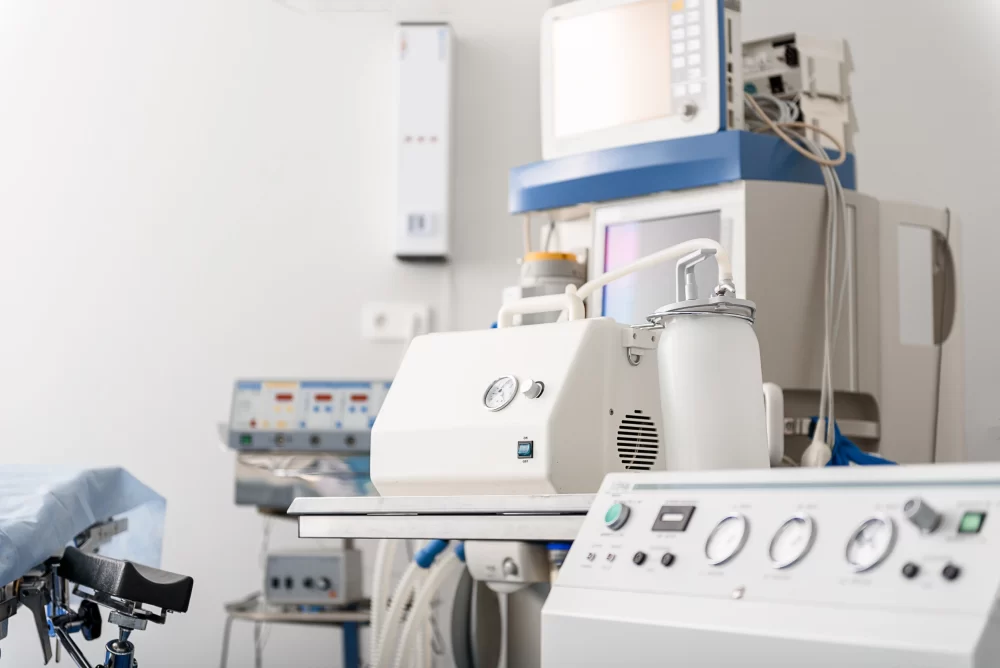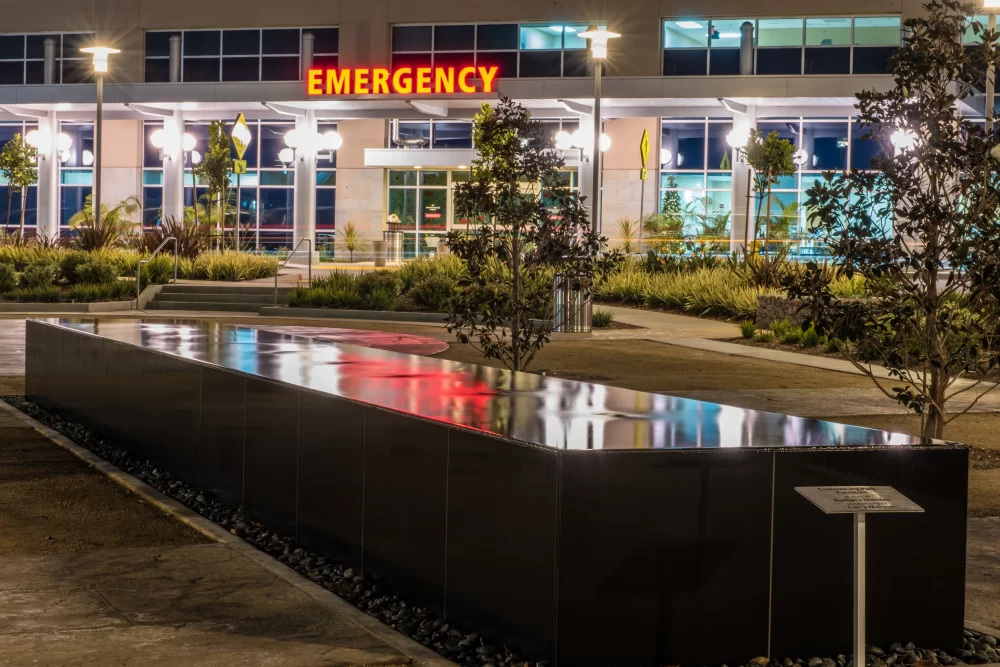
Navigating the complexities of healthcare costs can be a daunting task. With the ever-evolving landscape of medical care and insurance, many patients find themselves facing unexpected hospital bills. In this article, we uncover 12 surprising hospital expenses that often go unnoticed but can significantly impact your finances. Understanding these hidden costs is crucial in today’s healthcare environment, where being informed can save you from unnecessary financial strain.
1. Administrative Fees

Hospitals often charge administrative fees that are not directly related to your medical treatment. These can include processing fees for paperwork, charges for maintaining medical records, or even fees for entering information into electronic health systems. Such costs, though seemingly minor, can add up and inflate your overall bill.
2. Room and Board Charges

The cost of staying in a hospital goes beyond just medical care. Room and board charges, which cover your stay in the hospital bed, meals, and basic nursing care, can be surprisingly high. These costs vary depending on the type of room you’re in, whether it’s a private or shared room.
3. Fees for Ancillary Services

Ancillary services such as radiology, laboratory tests, and physical therapy are often billed separately from your main hospital bill. These services, although essential for your treatment, can come with hefty price tags, especially if they involve advanced technology or specialized professionals.
4. Medication Markups

Medications administered during your hospital stay can be billed at much higher rates than their retail price. Hospitals often markup the cost of drugs to cover their handling and administration, leading to significant expenses, particularly for specialized or rare medications.
5. Use of Medical Equipment

The use of medical equipment, from basic IV setups to complex surgical tools, incurs charges. While necessary for treatment, the cost of using these medical devices can be substantial and is typically charged separately from the procedure or treatment cost.
6. Surgeon and Specialist Fees

Surgeries and specialized treatments involve fees for the surgeons and specialists who perform them. These professional fees are often billed in addition to the hospital’s charges for the procedure itself, leading to a higher overall cost.
7. Anesthesia and Operating Room Costs

Anesthesia services and operating room usage contribute significantly to hospital expenses. These costs cover not just the drugs used but also the services of the anesthesiologist and the maintenance and use of the operating room facilities.
8. Post-Operative Care

Post-operative care, including recovery room charges, nursing care, and monitoring, can be expensive. These services are crucial for a successful recovery but can add a considerable amount to your bill, especially for extended recovery periods.
9. Emergency Room Facility Fees

Visiting the emergency room can lead to facility fees, which cover the use of emergency room space and resources. These fees can be high, given the urgent nature of care provided and the round-the-clock availability of specialized staff and equipment.
10. Observation Costs

If you’re kept in the hospital for observation, these costs can be separate from standard room and board charges. Observation fees cover the continuous monitoring and assessment by healthcare professionals, which, although necessary, can be an unexpected expense.
11. Discharge and Transfer Fees

Discharge and transfer fees are often overlooked. These charges cover the process of discharging you from the hospital and, if necessary, transferring you to another facility or arranging for home care or rehabilitation services.
12. Out-of-Network Charges

Receiving care from a provider or in a facility that is not within your insurance network can lead to out-of-network charges. These expenses can be significantly higher than in-network services and often come as a surprise to patients.
Navigating the Maze of Hospital Billing

Understanding the myriad of costs associated with hospital care is more important than ever. Being aware of these hidden expenses allows you to better navigate the healthcare system and manage your finances effectively.
Tamila McDonald is a U.S. Army veteran with 20 years of service, including five years as a military financial advisor. After retiring from the Army, she spent eight years as an AFCPE-certified personal financial advisor for wounded warriors and their families. Now she writes about personal finance and benefits programs for numerous financial websites.
Comments